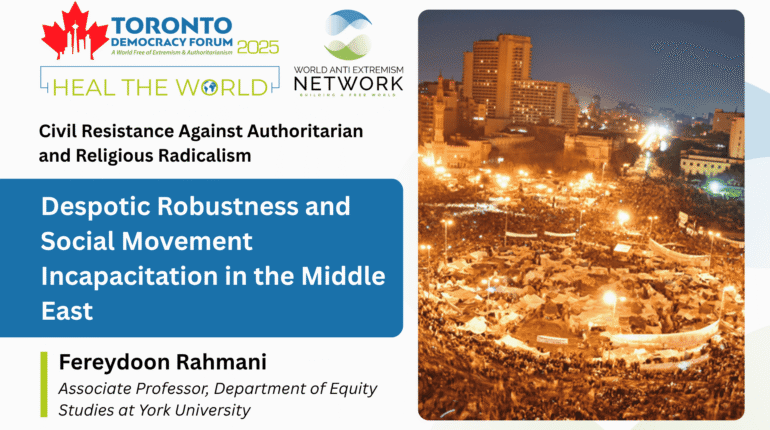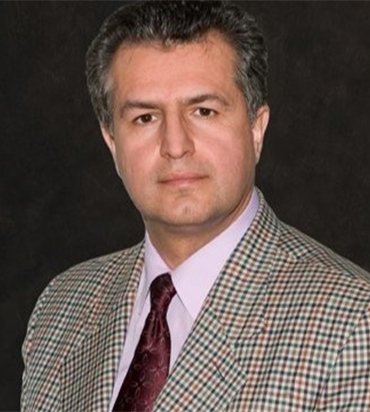
Across the Middle East, people have risen again and again, in Iran, Iraq, Libya, Syria, and across the Arab world, yet these powerful uprisings have rarely led to lasting political change. The core problem is that why do authoritarian regimes survive despite constant waves of resistance? Dr. Fereydoon explains that these regimes endure not just through force but through a system designed to control society and several other reasons. Real political openings only emerge when regimes are weakened, when security forces fracture, foreign support declines, or major crises shake the system. But even then, uprisings succeed only if they are organized and capable of building institutions that last.
His work offers a clear, timely understanding of why revolutions in the region so often fall short, and what it will take to finally turn protest into real change.
About the authors

Fereydoon Rahmani is a full-time faculty member, Undergraduate Program Director, and an Associate Professor of sociology at the Department of Equity Studies of York University in Toronto, Canada. He has been working at diverse universities and international research organizations in Europe, as well as in the Middle East. He has taught at universities in the Iraqi Kurdistan Region, including Salahaddin, Duhok, Koya, Lebanese-French University, and Jihan University, and served as Chair of the Sociology Department at Duhok University until 2014.
Fereydoon Rahmani has done his BA in social research at the University of Tehran (1987), MA in sociology at the University of Vienna (1995), and PhD in sociology and urban development at the University of Vienna (1999)
Rahmani’s research explores Critical Human Rights and the Middle East, Social Exclusion, Justice, War, Violence, Ethnicity, Social Policy, and Quality of Life. His early research focus was topics related to social demography, regional planning & urbanization, social movements, peace, and reconciliation. Rahmani coined the term “Rooftop Societies” for Middle Eastern countries, which postulates the existence of extensive socio-cultural and political incongruity. His most recent book titled “Rooftop Societies: The Middle East Paradox” is his latest sociological analysis of the Middle East, which has been translated into Farsi and soon in other languages.
Professor Rahmani is currently working on a book titled “Disappearance of Agency at the Age of War”, while leading projects on the Quality of Life of refugees and internally displaced communities in Iraq and Syria.

